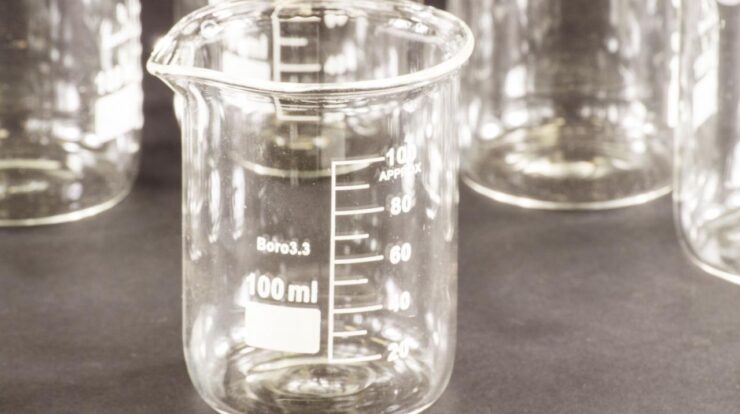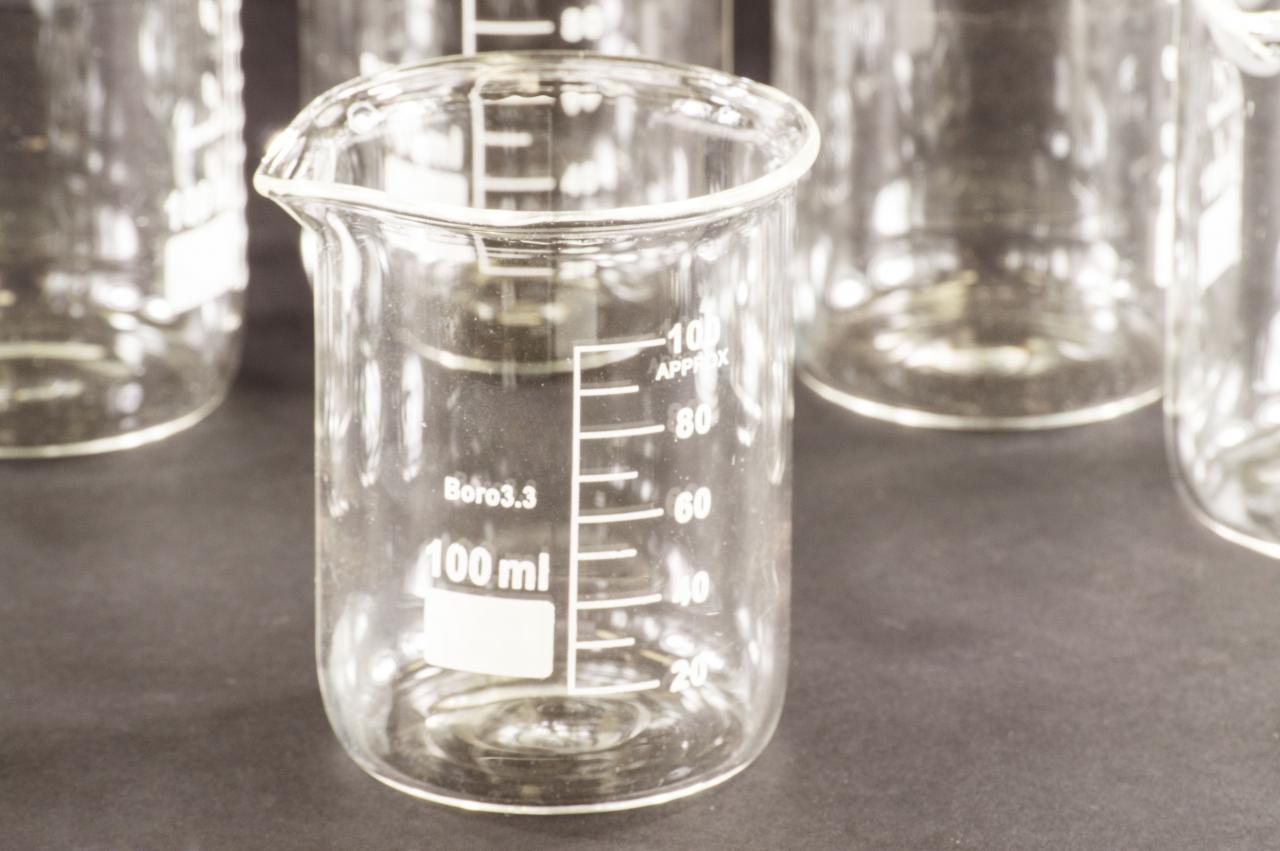
Unveiling the beaker meaning, we embark on a journey to decipher the significance of this ubiquitous laboratory equipment. From its historical origins to its diverse applications in scientific experiments, the beaker holds a pivotal place in the realm of scientific research and experimentation.
The beaker’s distinctive design, with its characteristic spout and graduated markings, serves a crucial purpose in facilitating precise measurements and controlled pouring of liquids. Its versatility extends to various materials, including glass, plastic, and metal, each tailored to specific experimental requirements.
Beaker Meaning
A beaker is a common laboratory glassware used to hold, mix, and heat liquids. It is a cylindrical vessel with a flat bottom and a pouring spout. Beakers come in various sizes and are made of different materials, such as glass, plastic, or metal.
Beaker Definition and History
The term “beaker” originates from the Middle English word “bekir,” meaning a drinking cup. Beakers have been used in scientific laboratories for centuries, with their design evolving over time to meet the changing needs of scientists.
Early beakers were made of glass and had a simple cylindrical shape. As science advanced, beakers with spouts were introduced to allow for easier pouring of liquids. The addition of graduations on the side of the beaker also became common, allowing for precise measurement of liquid volumes.
Beaker Design and Structure, Beaker meaning
A typical beaker consists of a cylindrical body with a flat bottom and a pouring spout. The spout is designed to facilitate the pouring of liquids without spilling. Beakers are usually made of glass, but they can also be made of plastic or metal.
Glass beakers are transparent, allowing for easy viewing of the contents. They are also chemically inert, making them suitable for use with a wide range of liquids.
Plastic beakers are lightweight and unbreakable, making them ideal for use in educational settings or for field work. Metal beakers are more durable and can withstand higher temperatures, making them suitable for use in industrial applications.
End of Discussion

Beaker meaning encompasses not only its physical attributes but also its indispensable role in scientific endeavors. Its presence in laboratories worldwide underscores its importance as a fundamental tool for scientific discovery and innovation.
Clarifying Questions
What is the primary purpose of a beaker?
Beakers serve as versatile containers for holding, mixing, and measuring liquids in scientific experiments.
What are the different types of beakers available?
Beakers come in various sizes and shapes, with specific designs for different applications, such as Griffin beakers and Berzelius beakers.
How should beakers be properly cleaned and sterilized?
Thorough cleaning and sterilization of beakers are essential to prevent contamination and ensure accurate experimental results.





